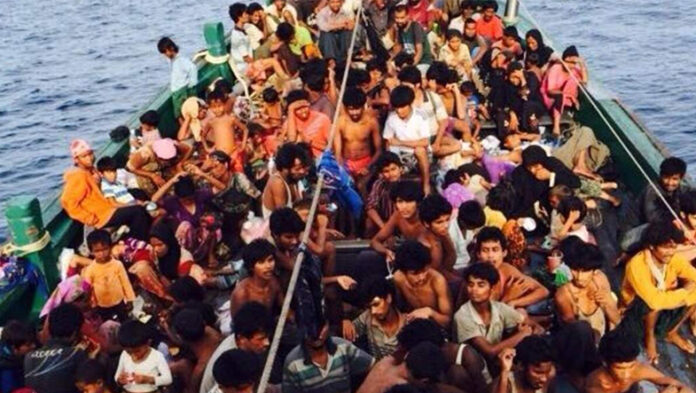Source: Amnesty International NZ
Responding to reports that a group of Rohingya refugees and at least three Bangladeshi nationals are stranded on a boat in the Andaman Sea and are in urgent need of rescue and disembarkation, Saad Hammadi, Amnesty International’s South Asia Campaigner, said:
“Instead of passing on responsibility to other states, governments in the region must immediately deploy search and rescue measures to assist those stranded in the vessel, who are in desperate need of food, water and a safe place to disembark free of discrimination.
“Too many lives have already been lost at sea as the result of countries refusing to assist Rohingya people on boats. Another repeat of those shameful incidents must be avoided here.
“After years of limbo in Bangladesh and following the recent coup in Myanmar, Rohingya people feel they have no option but to undertake these perilous journeys. With a new ‘sailing season’ already underway, thousands more could yet take to boats. Regional governments must adhere to their international obligations to rescue and disembark people in distress at sea.”
Background
Up to 100 people are believed to be stranded on the boat, after it departed from Cox’s Bazar and Teknaf in Bangladesh around 10 days ago. The vessel was last reported to be in or near India’s territorial waters.
A distress call was issued on the night of 20 February, with unconfirmed reports of several deaths and many others in a dire situation due to lack of food and water on board the vessel.
Some 2,400 Rohingya people took dangerous recourse to boat journeys last year and 200 of them died or went missing during the period, according to the UN Refugee Agency.
Survivors were severely malnourished and dehydrated. Amnesty International has continuously reminded regional governments of their specific obligations under the law of the sea, which are applicable to all people, regardless of their nationality or immigration status found or intercepted at sea.
Governments have made commitments under regional declarations, including the 2010 ASEAN Declaration on search and rescue operations at sea, the 2016 Bali Declaration, and the outcome of the February 2020 meeting of the Taskforce on the Bali Process, which “emphasized the primacy of saving lives at sea and not endangering the life and safety of persons in responding to irregular maritime migration.”



